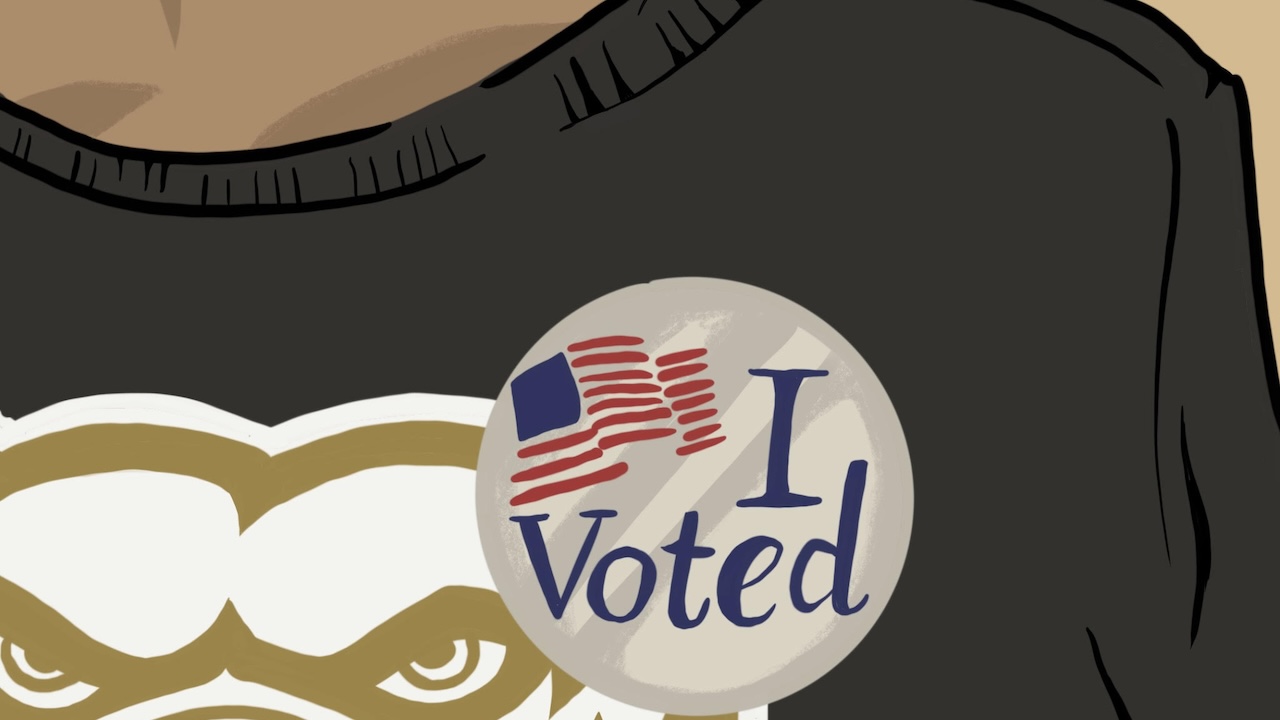Oakland University has been named a Voter Friendly Campus, one of 272 campuses in 39 states and the District of Columbia by Fair Elections Center’s Campus Vote Project and NASPA – Student Affairs Administrators in Higher Education. The initiative recognizes institutions that have planned and implemented practices that encourage their students to register and vote.
The mission of the 2025 Voter Friendly Campus designation is to bolster colleges and universities’ efforts to help students overcome barriers to participating in the political process – every year, not just during years featuring federal elections.
OU was evaluated based on its written plan to register, educate, and turnout student voters in 2024, how it facilitated voter engagement efforts on campus and a final analysis of its efforts. As part of its effort to be designated a Voter Friendly Campus, OU hosted numerous election engagement opportunities for the campus and community, highlighted by an October visit by renowned campaigners Karl Rove and Donna Brazile to discuss Michigan’s importance in the 2024 election cycle. The university also served as a resource provider for students to know how to get registered to vote and request an absentee ballot.
“This is a testament to our students' interest and engagement in voting and election engagement more broadly. It's also thanks to the OU leadership's – including President Pescovitz and the Board of Trustees – support of this work,” said Dave Dulio, distinguished professor of political science and director of the Center for Civic Engagement. “The Center for Civic Engagement looks forward to continuing to lead OU’s election and democratic engagement work as we look forward to the 2026 election cycle when Michigan again will have several important contests and be front and center in the national political conversation.”
The institutions designated Voter Friendly Campuses represent a wide range of two-year, four-year, public, private, rural, and urban campuses, collectively serving over one million students. Notably, the list of designated institutions includes 13 Historically Black Colleges and Universities, as well as 47 Community Colleges.

